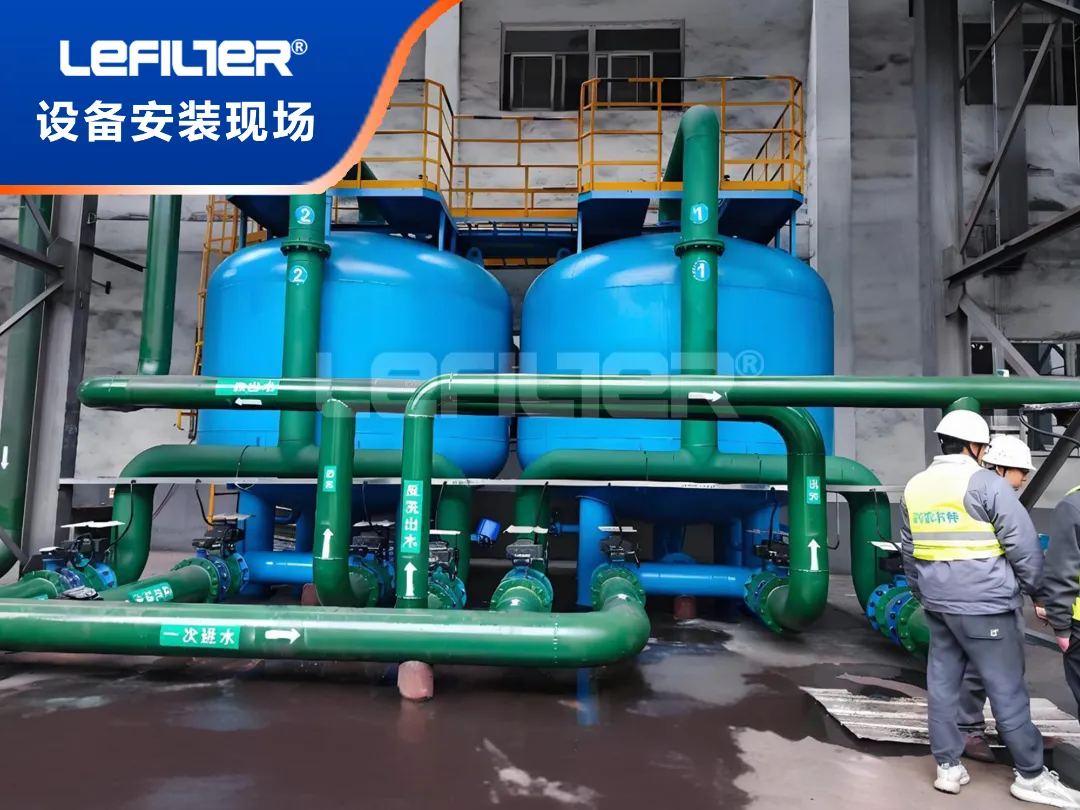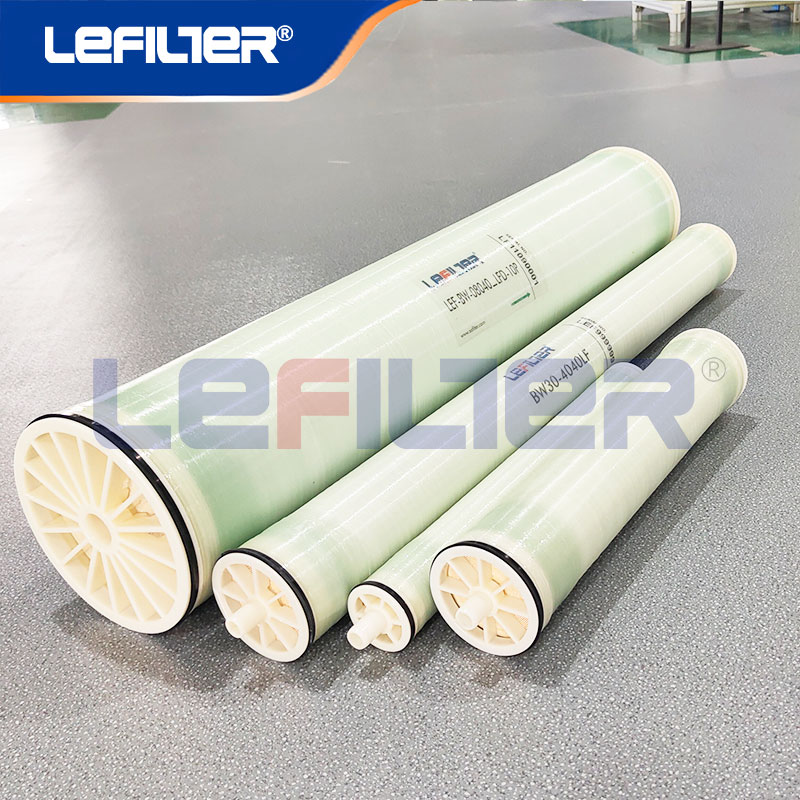Case Studies: Effective Water Filtration in Industrial Spray Purification Towers
DATE:2025-01-15 Number of views: 1 Source:dongwenhui
Water filtration in industrial spray purification towers plays a crucial role in maintaining environmental standards and improving water quality. These systems are essential in reducing emissions, minimizing water wastage, and enhancing overall industrial efficiency. We will explore several real-world examples of industries that have successfully implemented advanced water filters in their spray towers, showcasing the significant results achieved in emission reduction and water quality improvement.
Introduction to Spray Purification Towers
Industrial spray purification towers, also known as scrubbers, are widely used in industries such as manufacturing, petrochemical, and power generation. These towers help to treat gases and particulate matter before they are released into the atmosphere, reducing the negative impact of air pollution. One of the critical components of these towers is the water filtration system, which removes contaminants from the water used to wash and scrub the pollutants.
The role of water filtration in these systems cannot be overstated. Efficient filtration helps to ensure that the water used in the process remains clean and free from contaminants, allowing for proper recycling and minimizing waste. Advanced filtration technologies are now being employed to improve the performance of spray towers, leading to better environmental outcomes.
Case Study 1: The Power Generation Industry
A major power plant in a heavily industrialized area faced significant challenges in managing the emissions from its operations. The plant used a spray tower system to filter out sulfur dioxide (SO₂) and other harmful gases produced during combustion. However, the water in the tower quickly became contaminated with particulate matter and other pollutants, reducing the efficiency of the scrubbing process and increasing operational costs.
To address this issue, the plant decided to implement a multi-stage water filtration system. The solution included pre-filtration to remove large particles, followed by a finer filtration stage to eliminate smaller contaminants. The final stage utilized advanced membrane filtration technology to ensure that the water was clean enough to be recirculated back into the spray tower.
The results were impressive. The filtration system significantly reduced the build-up of pollutants in the water, improving the overall performance of the scrubber. Additionally, the cleaner water allowed for better gas absorption, leading to a 25% reduction in sulfur dioxide emissions and a notable improvement in air quality. The plant also saw a reduction in the need for water treatment chemicals, further lowering operating costs.

Case Study 2: The Petrochemical Industry
A petrochemical facility located near a coastal region was experiencing difficulties with its spray purification towers, particularly in terms of water quality. The plant's water source, which came from a nearby river, was highly variable in quality, depending on the season. During heavy rainfall, the water would become polluted with organic material, affecting the efficiency of the spray towers and leading to an increase in pollutants released into the atmosphere.
In response to this, the facility installed a robust filtration system designed to handle variable water quality. The system included sand filters, activated carbon filters, and ultrafiltration membranes. The sand filters were used to remove larger particulate matter, while the activated carbon filters were employed to absorb organic pollutants. The final ultrafiltration stage removed any remaining fine contaminants, ensuring that only high-quality water was used in the spray towers.
This filtration upgrade resulted in substantial improvements. The spray towers were able to operate more effectively, even during periods of poor water quality. The filtration system also reduced the frequency of tower cleaning, extending the lifespan of the equipment. Most importantly, the facility was able to lower its emissions of volatile organic compounds (VOCs) by 15%, leading to compliance with environmental regulations and a decrease in local pollution levels.

Case Study 3: The Chemical Manufacturing Industry
A chemical manufacturing plant that produced a variety of industrial chemicals faced ongoing challenges with managing the emissions from its spray purification towers. The plant used water to absorb hazardous chemicals in the air, but over time, the water became increasingly contaminated with the chemicals it was supposed to filter out. This resulted in poor water quality, affecting both the efficiency of the purification process and the plant's ability to meet environmental standards.
The company opted to install a series of advanced filtration systems, including reverse osmosis (RO) membranes, which are particularly effective at removing dissolved chemicals from water. The RO system was complemented by a series of sediment filters to remove larger particulate matter and a UV sterilization stage to eliminate any remaining microorganisms.
After the new filtration system was installed, the plant experienced a dramatic improvement in both water quality and emission reduction. The water used in the spray tower was significantly cleaner, allowing for better gas absorption and a 30% reduction in hazardous chemical emissions. Additionally, the cleaner water meant that the plant could reuse more water, reducing overall water consumption by 20% and contributing to more sustainable operations.

Case Study 4: The Metal Processing Industry
In the metal processing industry, spray towers are often used to remove particulate matter and fumes generated during processes like welding, forging, and casting. A metal manufacturing facility specializing in steel production faced challenges with the particulate matter in its spray towers, as the water in the towers quickly became contaminated with fine metal particles and dust. This contamination reduced the effectiveness of the spray tower, leading to higher emissions and a need for more frequent maintenance.
The facility implemented a comprehensive water filtration system that included cyclonic separators to remove the heavier metal particles, followed by fine filtration using mesh filters and activated carbon. The final step in the filtration process involved a combination of UV and ozonation to neutralize any remaining contaminants.
With the new filtration system in place, the facility saw significant improvements. The particulate matter levels in the water were greatly reduced, resulting in a cleaner process and a noticeable reduction in emissions. The facility was able to meet stricter environmental standards and reduce its carbon footprint, contributing to its sustainability goals.

Conclusion
These case studies demonstrate the importance of advanced water filtration in industrial spray purification towers. By implementing cutting-edge filtration technologies, industries across various sectors have successfully reduced emissions, improved water quality, and enhanced operational efficiency. As environmental regulations become stricter and the need for sustainable operations grows, the role of water filtration in industrial spray towers will continue to be a key factor in achieving environmental compliance and operational excellence.
FAQ
What is a spray purification tower?
A spray purification tower is a system used to treat gases and particulate matter by spraying water to absorb and filter out pollutants before they are released into the atmosphere.
Why is water filtration important in spray towers?
Water filtration is crucial in spray towers to ensure the water remains clean, reducing the buildup of contaminants that could affect the efficiency of the scrubbing process.
What types of filtration technologies are used in spray towers?
Filtration technologies used in spray towers include sand filters, activated carbon filters, ultrafiltration membranes, reverse osmosis, and UV sterilization.
How does water filtration reduce emissions?
Clean water allows for more effective absorption of pollutants, leading to a reduction in harmful emissions and compliance with environmental standards.
Can water used in spray towers be recycled?
Yes, water used in spray towers can be recycled if it is properly filtered, reducing water consumption and promoting sustainability.
What are the benefits of using reverse osmosis in water filtration?
Reverse osmosis effectively removes dissolved chemicals and contaminants, improving water quality and the efficiency of the spray tower.
What industries benefit from advanced water filtration in spray towers?
Industries such as power generation, petrochemical, chemical manufacturing, and metal processing all benefit from advanced water filtration in spray towers.
How do advanced filtration systems contribute to sustainability?
Advanced filtration systems improve water reuse, reduce chemical usage, and lower emissions, contributing to more sustainable industrial operations.


